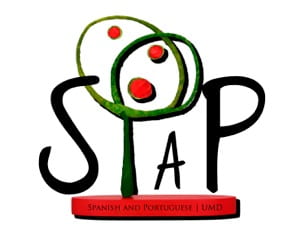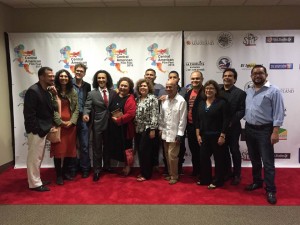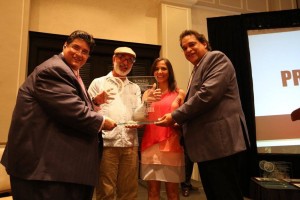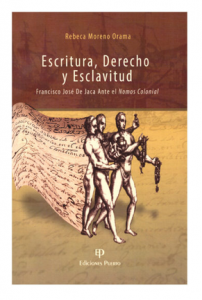Dear leaders,
I address you as “leaders” because, for some reason (perhaps manager comes too close to rhyming with janitor for your liking), you’ve increasingly taken to styling yourselves in this way. How grand. How imposing. How spurious.
Leaders are followed. The capacity and willingness to drive people along with the use of the pitchfork of threatened redundancy or the flaming torch of disciplinary action does not make a leader and the mere fact that you so brazenly call yourselves leaders is evidence of the malaise that prompts me to write.
For the record, if you’re not Alexander, Napoleon, Monty or the modern equivalent you’re not really a leader. Be neither managers nor leaders. Be provosts, masters, principals, vice-chancellors, rectors, deans, registrars, bursars. How quaint. How medieval. How refreshing.
Some problems
I know you think I ought to feel insignificant, as a mere teaching and research drone. My saying any of this is, of course, in forlorn hope. You listen to us all, and ignore us all: very egalitarian; very democratic.
Dictators (elected or not) always ignore everyone who’s not a member of the ruling clique. You’re not collegial just because you go around addressing people as colleagues all the time. Actually, there’s an inverse relationship. The more you say it, the more you show that you don’t really believe it. You simply want secure fiefdoms for the members of your cliques at the expense of making others into vassals with even fewer rights than hitherto.
Everything is directed towards that end. You break your own rules and make it up as you go along to suit yourselves. There is no genuine collegiality, no trust, no sense of equality in a republic of ideas.
So, whether you’re elected leaders (as in older universities such as mine) or appointed, your currency is the same: ill-conceived change to entrench the interests of your cliques and for the sake of being seen to do something. It’s a simple truth, but lost on people who “lead”, that all progress requires change but not all change constitutes progress. There is such a thing as change for the worse and that’s what you’re presiding over. Take three examples:
• Instead of standing up for the idea of the university against the league tablers you prefer riding the tail of that tiger – taking the credit when an institution’s on the up and making sure we catch the blame when it’s falling.
• Seemingly, there’s never enough money… except when there’s more for new administrative staff: courtiers for the ruling clique.
• And, of course, there’s money to pay for rebranding. (But don’t you realise that the only thing any branding consultant ever sells is him- or herself? They persuade the shallow-minded to think in their terms and sell the idea that they can unerringly influence others as well.)
Some solutions
1) Defend what we do against governments and other external interests with vigour and courage.
2) Don’t change for the sake of being seen to do something and don’t confuse change with progress.
3) Accept that the university is a community made up of all those who serve it, not your plaything; nobody can be sacrificed in your name.
4) Stay involved, but don’t interfere. (Although there’s more science in scientology than management science.)
5) Trust academics to do good work. (Almost all of them do.)
6) Favour principles, not rules, but follow the rules you have and stop letting power win over truth and reason.
7) Remember that culture trumps system.
8) Stop thinking and speaking in the terms given by the deadly triumvirate: pseudo-intellectuals, neo-liberals and technofuturists.
9) Never again use the word strategy: with whom are you at war?
10) Stop calling people colleagues until you’ve learned to mean it.
Yours,
Homo Academicus
PS. I’m sorry if I’ve written this in something too much like English for your liking, not enough”going forwards”, “high level vision statements” and so forth, but I still use words to reveal, not to obscure.
PPS. Are you remotely troubled that so many academics are resorting to anonymous writing/blogging to say these things?
This week’s anonymous academic is a professor in the arts and has taught in universities and colleges in Scotland, England and Ireland.
If you’d like to contribute an anonymous piece about the trials and tribulations of university life, contact claire.shaw@theguardian.com.
Taken from: http://www.theguardian.com/higher-education-network/blog/2014/aug/08/academics-anonymous-open-letter-university-leaders




